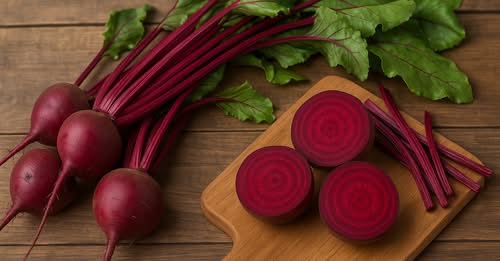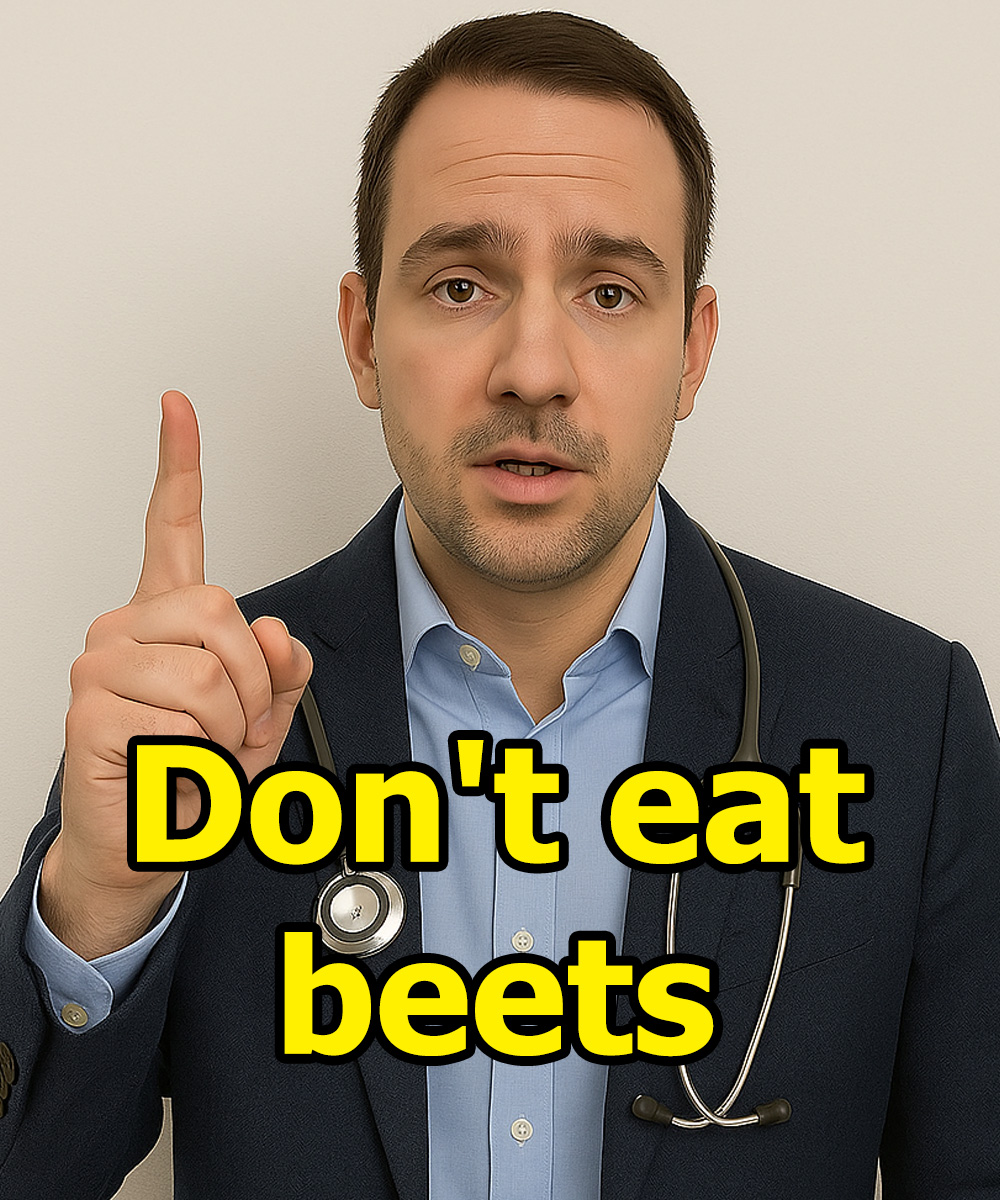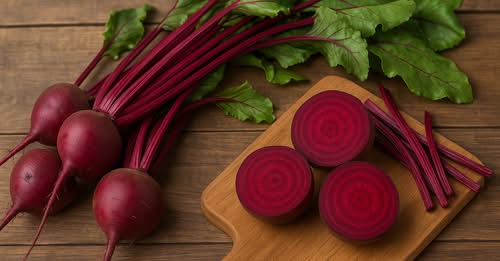"When to Avoid Eating Beets: The Unspoken Truth About This 'Healthy' Food"

Beets are known for their vibrant color and sweet flavor, packed with iron, folic acid, and antioxidants that can boost the immune system and circulation.
However, not everyone can freely consume beets due to certain factors, and there are specific times when it's best to avoid them for optimal health.
Considerations for Certain Groups
- People prone to kidney stones: Beets contain oxalates that may contribute to kidney stone formation in susceptible individuals. If you have a history of kidney stones, it's advised to moderate or limit beet consumption, especially in raw or concentrated juice form.
- People with diabetes or blood sugar issues: Beets have a high sugar content that can spike blood glucose levels, particularly when consumed in large amounts or as juice. Those with diabetes should manage portion sizes and pair cooked beets with fiber-rich foods to avoid blood sugar fluctuations.
- People with low blood pressure: Beets are known for lowering blood pressure due to their natural nitrates. While beneficial for hypertension, they may cause dizziness or weakness in individuals with already low blood pressure.
Timing and Precautions
- Avoiding beets before bed: Due to their energy-rich nature and stimulating effect on circulation, consuming beets at night can disrupt sleep. It's recommended to eat them during the day to utilize their energy effectively without affecting sleep.
- Caution with beet juices on an empty stomach: Drinking beet juice on an empty stomach can be harsh on the digestive system, leading to heartburn, nausea, or discomfort, especially when combined with citrus fruits. Incorporate beets into your diet alongside milder options like apples or carrots.
In conclusion, while beets offer health benefits, they may not be suitable for everyone or all times of the day. Moderation and mindful consumption can help you enjoy the advantages of beets without compromising your well-being.
Disclaimer: This article serves informational purposes only and should not substitute professional medical advice. If you have kidney issues, diabetes, or high blood pressure, consult your healthcare provider before introducing beets into your diet.


